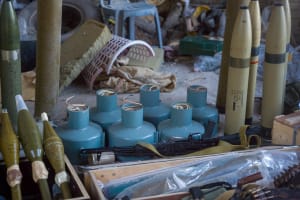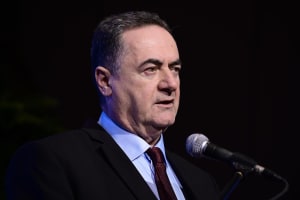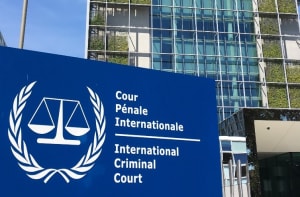VIDEO: Christian organization evacuating Holocaust survivors from Ukrainian war zones all the way to Israel
ICEJ's David Parsons tells ALL ISRAEL NEWS, Israel is preparing for an emergency aliyah that it hasn’t seen in decades
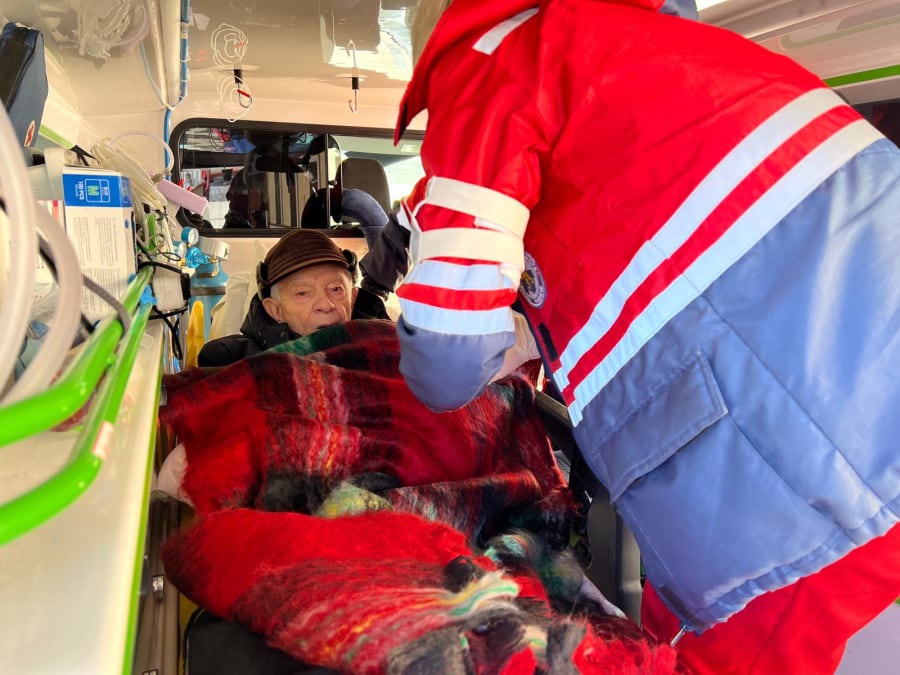
In just a month, more than 10,000 Ukrainians have sought refuge in Israel in one of the most urgent aliyah operations since the 1980s.
And it is not going to end there.
“It’s probably going to be 15,000 to 20,000 and that is compared to just 3,000 last year,” David Parsons, vice president and spokesman for the International Christian Embassy Jerusalem (ICEJ), told ALL ISRAEL NEWS in an interview this week. “There’s going to be a lot from Russia as well. It’s very hard to get out of there now.”
Aliyah is from the Hebrew word for “to go up” and is used in relation to Jewish immigration to Israel. Since its founding in 1980, ICEJ has helped 165,000 Jews from 45 countries immigrate to Israel, including 50,000 from Ukraine.
So when Ukrainians began fleeing the Russian bombardment, the ICEJ – based in Jerusalem – was ready to jump in.
“When an urgent aliyah like this comes up you try and do everything you can,” Parsons said.
“We are trying to help at all points in the process – extricating people from war zones, getting them over to Lviv and western Ukraine and across the border, helping them find temporary shelters, getting them on flights to Israel and then, once they land, it could take a few months to several years for some of these families to really adjust to life in Israel,” Parsons said, outlining the process. “They need help all along the way.”
Parsons noted said that the Russian invasion of Ukraine has sparked the largest refugee crisis in Europe since World War II. Israel is busy preparing for an influx that it hasn’t seen in decades.
Normally, an immigrant has a chance to decide based on Zionist or biblical principles, or perhaps economic reasons, to move to Israel. No such luxury has been afforded to the Ukrainians this time. Instead, many are having to decide in an instant to flee and leave everything behind.
“They’re all expressing, ‘Thank God there’s an Israel to flee to,’” Parsons said.
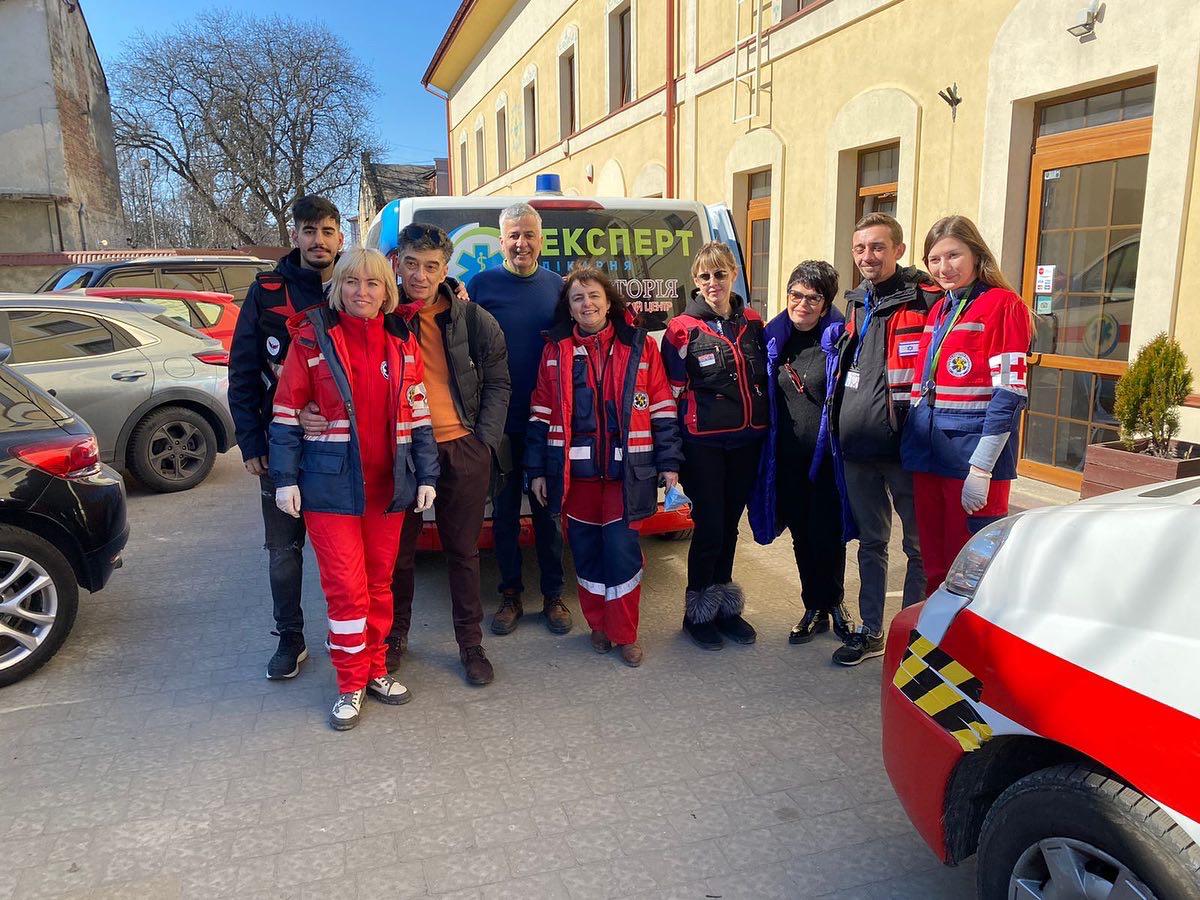
The ICEJ has assisted with the immigration of more than 620 Ukrainians during this wave so far, with Jewish families coming from Kharkiv, Mariupol, Kyiv, Odessa and many other embattled cities all across Ukraine.
In addition, the ICEJ has teams on the ground working to help Holocaust survivors in Ukraine – who are in some cities being shelled by the Russians – get out of danger and to Israel.
It is not a simple mission.
“Because they are older, in their 80s and 90s, they’re using walkers or wheelchairs, they tend to be reclusive,” he said. “Most of the time, you have to go with specially equipped vans and ambulances that can handle wheelchairs and disabled people. And you have to have some family members to talk them out of leaving a home that they’ve lived in for 70, 80 years.”
Then they face dozens of checkpoints, rockets and missiles.
“We’ve got all sorts of footage of our vans driving along the highways. And there’s a smoke rising from a bombing here, an airfield there and such,” Parsons said of the harrowing mission.
Parsons also told us how many more Ukrainians are eligible for aliyah and what it will take to get them here.
Listen to the interview here in full.
*We spoke with Parsons on March 27. A few days later, the ICEJ hosted its weekly webinar and spoke with Shimon Sabag of Yad Ezer L’Haver, the organization which works with the ICEJ. During the war, which started in late February, Sabag shifted from running a hospice center to rescuing elderly Jews.
“You do not see it fully on television, but some of these cities are completely leveled,” Shimon told the webinar audience. “When we got to Mariupol, there was no water, no electricity, no heating, it was minus 4 degrees, and we saw crowds of people who were just shivering in the cold. But when we were able to extract the Holocaust survivors, it was an incredible feeling. I have worked with the Christian Embassy for 13 years now, and you guys do a great job. And make no mistake, together we rescued these people from certain death.”
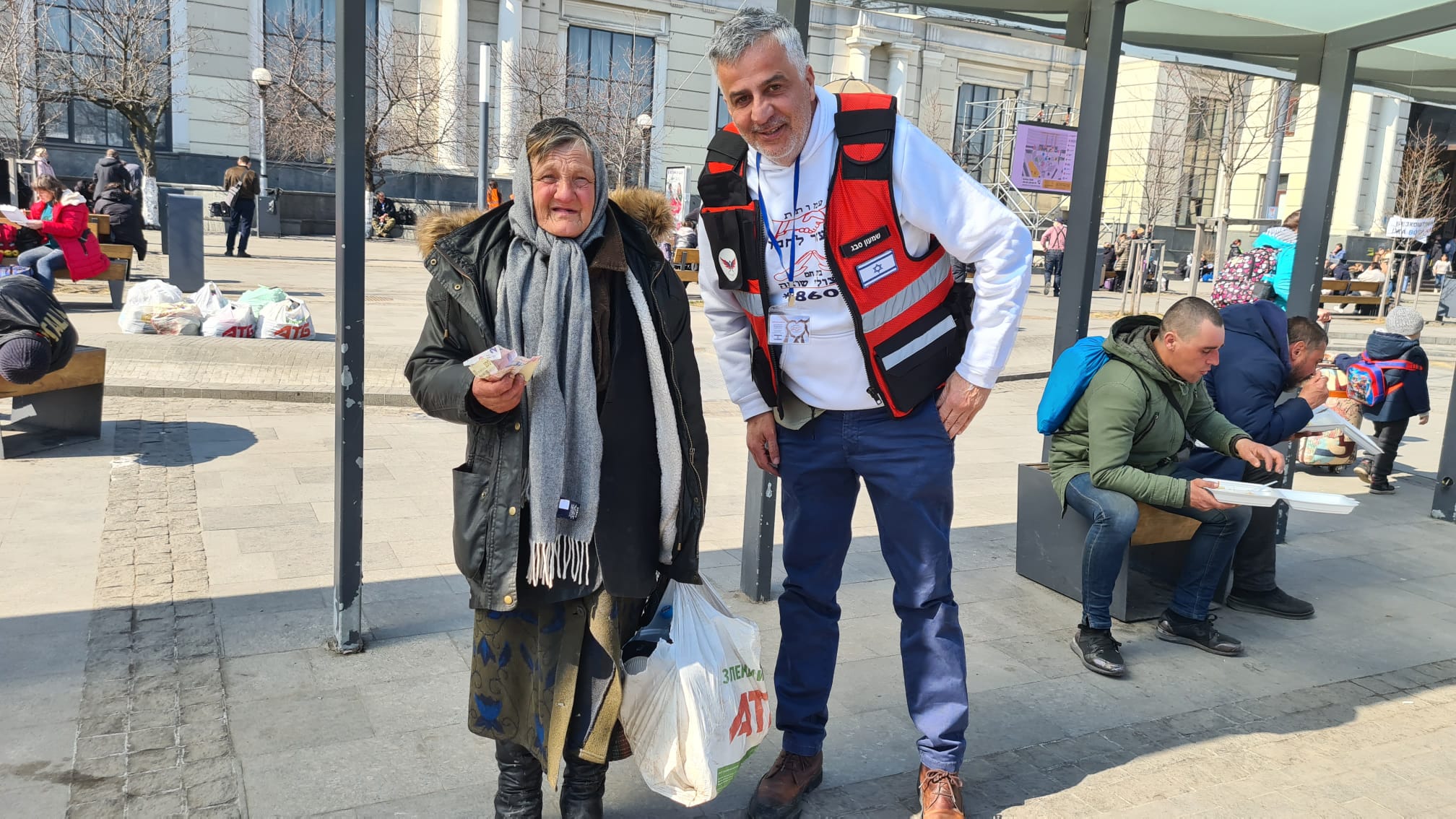
“Many times, we have been under fire,” Sabag added. “Some rockets have hit within 200 meters of us. Yet despite our fears, we did not flinch and felt God protecting us.”
The ICEJ reported that on one rescue mission, the team went into the southern port city of Kherson and brought out several Holocaust survivors just three hours before Russian forces captured the bridge they crossed to enter and exit the city.

Nicole Jansezian was the news editor and senior correspondent for ALL ISRAEL NEWS.







